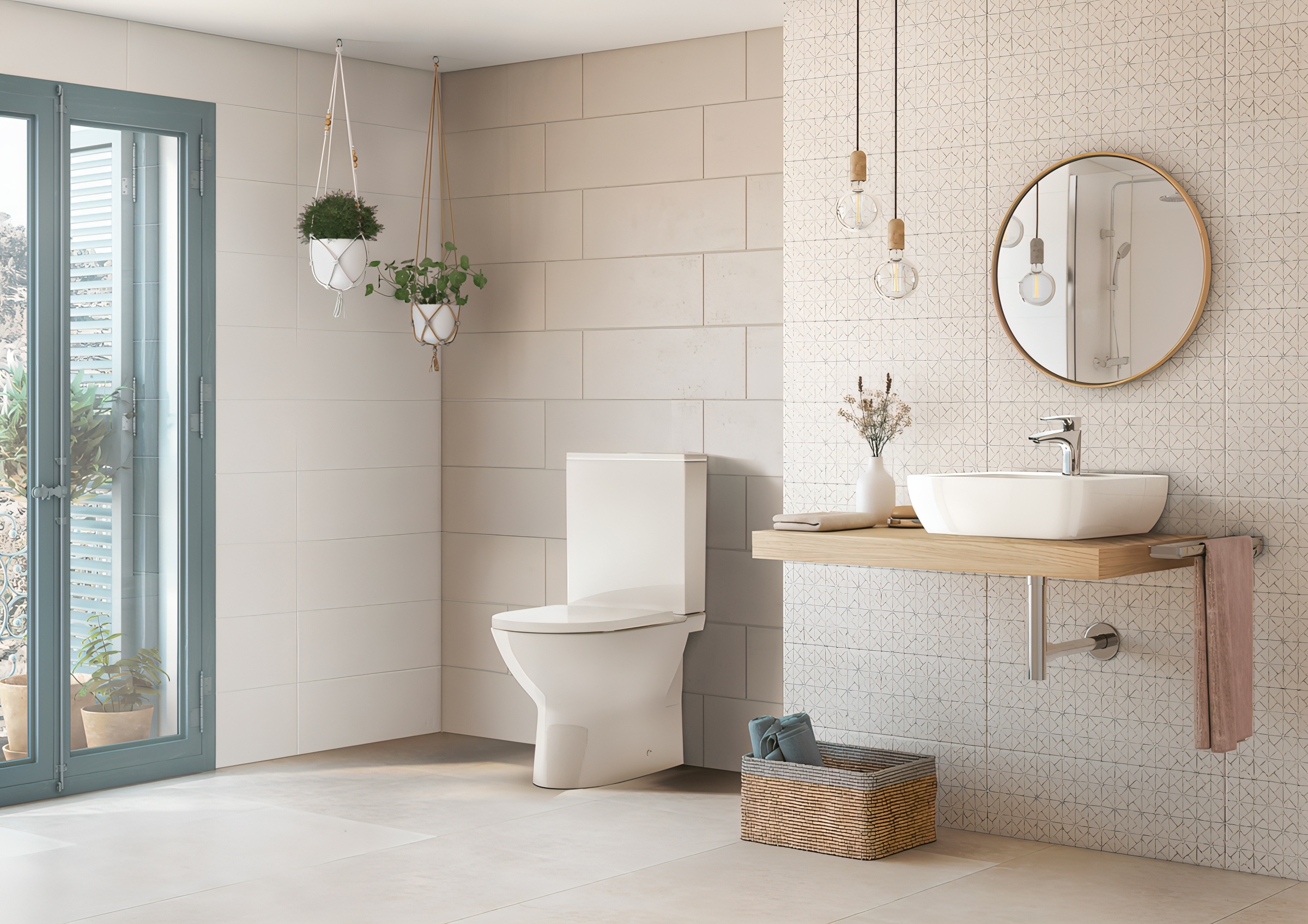In the era of smart homes, where everything from your refrigerator to your lighting system can be controlled with a smartphone, it's no surprise that even toilets have joined the technological revolution. Smart toilets are not just a luxury; they represent a fusion of comfort, hygiene, and sustainability. But as with any advanced technology, there's always the question of protection. Do you need insurance for smart toilets? Let's delve into this topic and explore why it might be crucial for homeowners.

Understanding the Rise of Smart Toilets
Before we dive into the insurance aspect, it's essential to understand what makes a toilet 'smart.' These modern marvels come equipped with features like automatic flushing, bidet functions, heated seats, and even self-cleaning capabilities. Some models offer remote control via smartphone apps, allowing you to customize settings to your preference. They're designed to enhance the bathroom experience while promoting water efficiency and hygiene.
As the popularity of smart toilets grows, so do the concerns about their maintenance and potential repair costs. Given their technological complexity, it's only natural to consider safeguarding your investment. This is where insurance comes into play.
Why Consider Insurance for Smart Toilets?
Smart toilets, while convenient, are not immune to technical failures. Components such as electronic sensors, bidet nozzles, and other intricate parts can malfunction or wear out over time. Repairing or replacing these parts can be costly, especially if they're not covered by a warranty. With insurance for smart toilets, you can mitigate these costs and ensure your toilet remains functional without breaking the bank.
Moreover, if your home experiences a power surge or water damage, your smart toilet could be at risk. Many homeowners policies might not cover such specific damages, leaving you vulnerable. Having dedicated insurance for your smart toilet can fill this gap, providing peace of mind against unforeseen events.
Types of Coverage Available
When considering insurance for your smart toilet, it's important to understand the types of coverage available:
- Component Coverage: This covers specific parts of the toilet like electronic sensors, control panels, and bidet functions. It ensures that if any part malfunctions, you'll be covered for repairs or replacements.
- Damage Protection: This type of coverage protects against damage from external factors such as power surges, water leaks, or even accidental damage.
- Extended Warranty: While not traditional insurance, an extended warranty can provide additional coverage beyond the manufacturer's warranty, often including parts and labor.
It's crucial to assess the risks specific to your home and the smart toilet model you own. Consulting with an insurance provider can help tailor a policy that fits your needs.
Industry Insights: What Experts Are Saying
The industry is abuzz with discussions about the future of smart toilets and their place in our homes. Experts suggest that as these devices become more prevalent, the insurance landscape will evolve to accommodate the unique challenges they present. According to A&A Plumbing, the integration of advanced technology in toilets is just the beginning of a broader trend towards smarter, more connected homes.
Moreover, industry analysts predict that as the market for smart toilets expands, insurance providers will offer more comprehensive policies tailored specifically for these devices. This is already evident in the rise of policies that cover not just the toilets but other smart home technologies as well.
How to Choose the Right Policy
Choosing the right insurance policy for your smart toilet involves several considerations. First, assess the value of the toilet and its components. More expensive models will likely require more robust coverage. Next, consider the specific risks in your home, such as frequent power outages or water issues.
Consulting with an insurance agent who has experience in smart home technologies can be invaluable. They can provide insights into what coverage is most appropriate for your situation and help you understand the fine print of potential policies.

Conclusion: Is Insurance for Smart Toilets Worth It?
In conclusion, while smart toilets are a significant investment, they offer unparalleled convenience and efficiency. As with any valuable asset, protecting them through insurance can be a wise decision. Whether it's covering repair costs or safeguarding against unexpected damages, having a dedicated policy can provide peace of mind.
For homeowners who are embracing the smart home trend, ensuring that your investments are protected is crucial. As the technology evolves, so too will the insurance options, making it easier for homeowners to find coverage that suits their needs.
FAQ Section
Q1: What components of a smart toilet are typically covered by insurance?
A1: Insurance for smart toilets often covers electronic sensors, control panels, bidet functions, and sometimes the entire unit against external damages like water leaks or power surges.
Q2: Are smart toilets prone to frequent repairs?
A2: While smart toilets are built for durability, their complex technology can lead to occasional malfunctions. Regular maintenance and insurance can help mitigate repair costs.
Q3: Can I include my smart toilet in my existing home insurance policy?
A3: It depends on your provider. Some home insurance policies may offer add-ons for smart home devices, but it's best to consult with your insurer for specific coverage options.
This article contains affiliate links. We may earn a commission at no extra cost to you.






